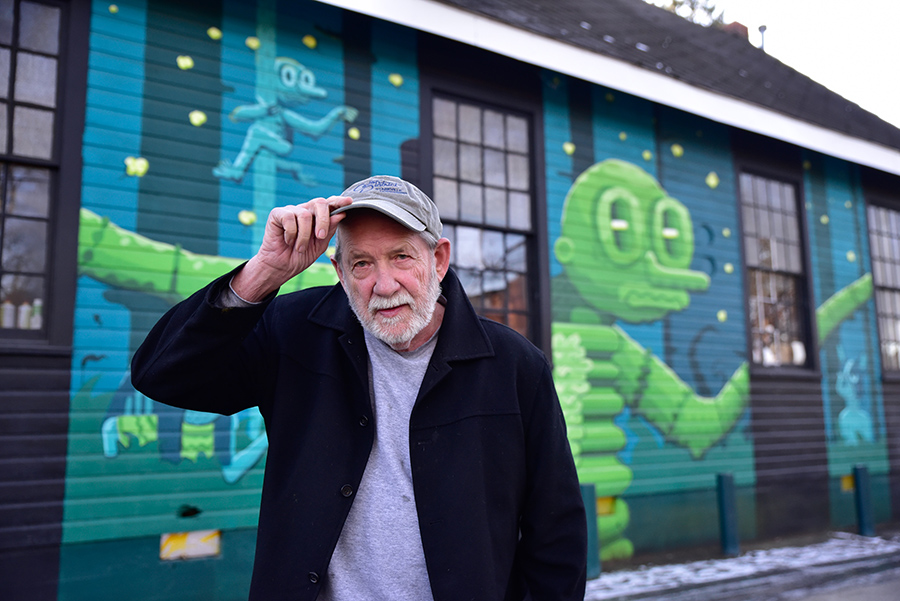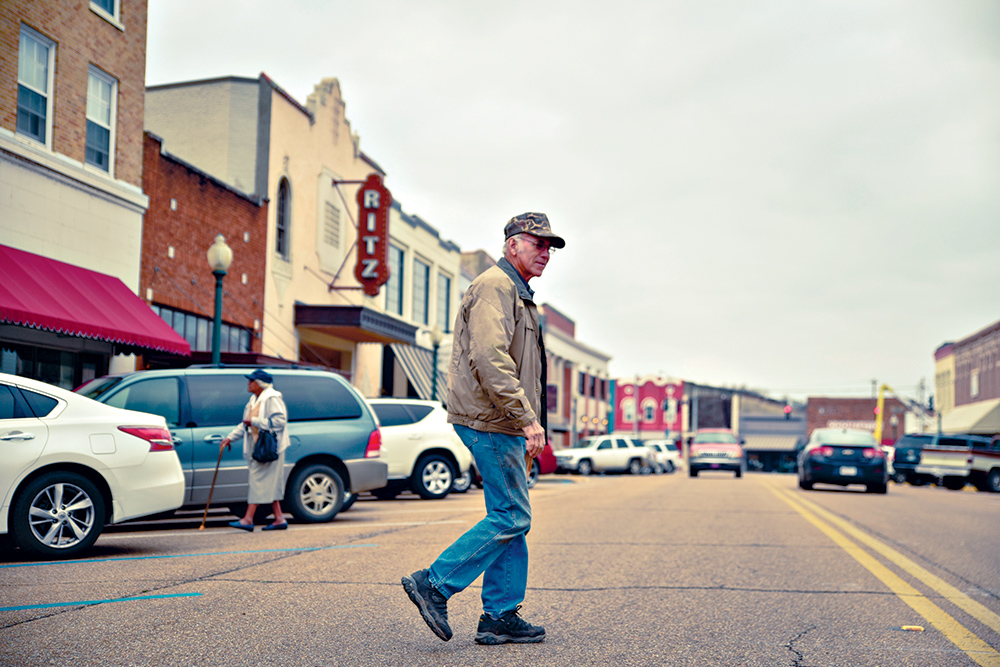BMH-GT: 'Something special brewing here'

Dr. Chris LeBrun cringes every time someone tells him they see a doctor in Tupelo or Jackson.
LeBrun, a Columbus-based doctor affiliated with Baptist Memorial Hospital-Golden Triangle, says local health care hasn’t kept up with the Golden Triangle’s economic growth.
Patients who see medical professionals here by and large see nurse practitioners.
But with a new program at Baptist, LeBrun hopes to begin to change that.
Last July, the hospital implemented its first-ever residency program, the first internal residency in any Baptist hospital and only the third in the state. Residents typically would complete their training at a research-based hospital with limited interaction with patients. The program at BMH-GT will put residents in a community-based setting where they get more one-on-one time with patients and other medical staff -- and where they’re more likely to remain throughout their career.
“We’re training them to be good internal medicine doctors down the street if they want to,” LeBrun said.
The six residents who began last summer are the first of what LeBrun hopes will be many classes of new doctors at the hospital’s residency program. The residents will work at Baptist for three years, during which they’ll rotate between work in the emergency room, intensive care units and other parts of the hospital, all while working with doctors of various experiences and specialties.
Residents in larger programs such as University of Mississippi Medical Center in Jackson compete with large classes, sometimes as many as 20.
“You may not even get in the door of the hospital room until it’s your patient,” LeBrun said.
With the limited size of the program at BMH-GT, first-year residents will work one-on-one with patients, their families and other medical staff like lab techs, nurses and of course more experienced physicians. This gives the residents a lot more experience straight out of medical school, as well as more responsibility.
“Their expectations for us are their expectations of their peers,” said Dr. Chadwick Mayes, one of the residents. “We get a lot put on our plate. ... Their expectations are we’re physicians and they’re our patients.”
In just a few months, Mayes said, he’s already seen more than he expected to come across.
“You’d think coming to a smaller hospital that you’re not going to see a lot of the atypical, unique things, but I’ve actually come across a lot of unique cases,” he said. “(They’re) what we call ‘zebras’ where they look like a horse, they sound like a horse and then you look at them and they’re a zebra.
But the benefits of the residency don’t just stay with the residents, LeBrun stressed. It’s good for Baptist too. For one thing, more experienced physicians are likely to practice nearby if they know they could have a hand in training new doctors. But primarily, he said, it gets more doctors in the area — some of them permanently.
“There’s no better interview than having a resident here for three years,” he said. “ ... Now you’ve got six people who have lived here, worked here, know the hospital. ... (They’re) settling in here. So there’s a huge win for the hospital as far as recruiting because of that.”
Even those residents who don’t stay in the Golden Triangle are more likely to go to other medically under-served places like the Delta, he added — whereas residents who train at research-based programs are more likely to stay in research hospitals.
“Our first mandate is to train good physicians,” LeBrun said. “Our second mandate is to train good physicians that will stay in this area or at least Mississippi or the South.”
He’s already begun preparations for next year’s class of residents. About 1,300 medical students applied for Baptist’s residency, nearly twice as many as last year, he said. Of those, 100 have come in for an interview. The hospital will narrow that list down to 45 and then a nationwide match system will place the final six residents with Baptist.
After three years of accepting residents, LeBrun expects Baptist to employ 18 full-time residents at a time — and eventually plenty of Golden Triangle-trained fully qualified doctors.
“There’s something special brewing here,” Mayes said. “And it may take a couple of years, but I expect to see great things from this hospital and this residency program.”





